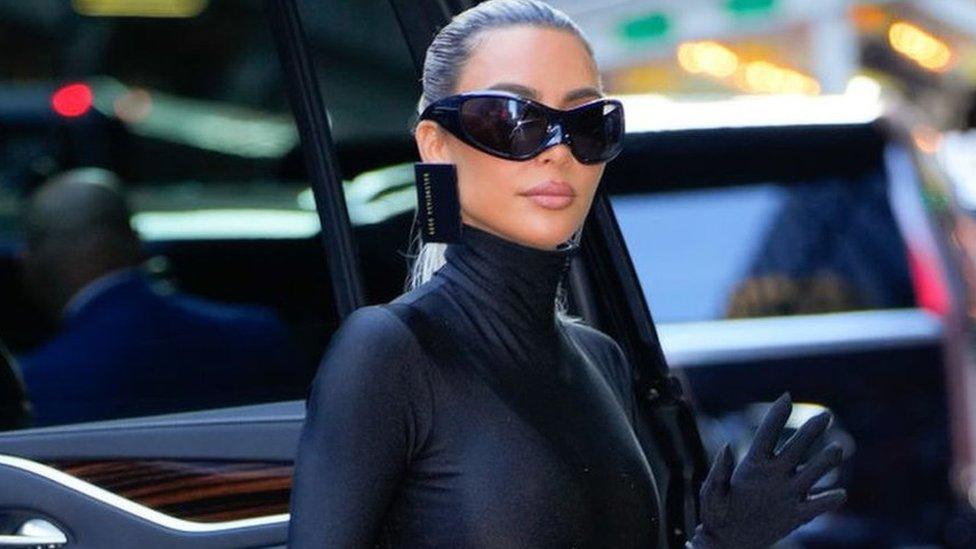Zara Larsson: Why do celebrities wear offensive outfits?
- Published
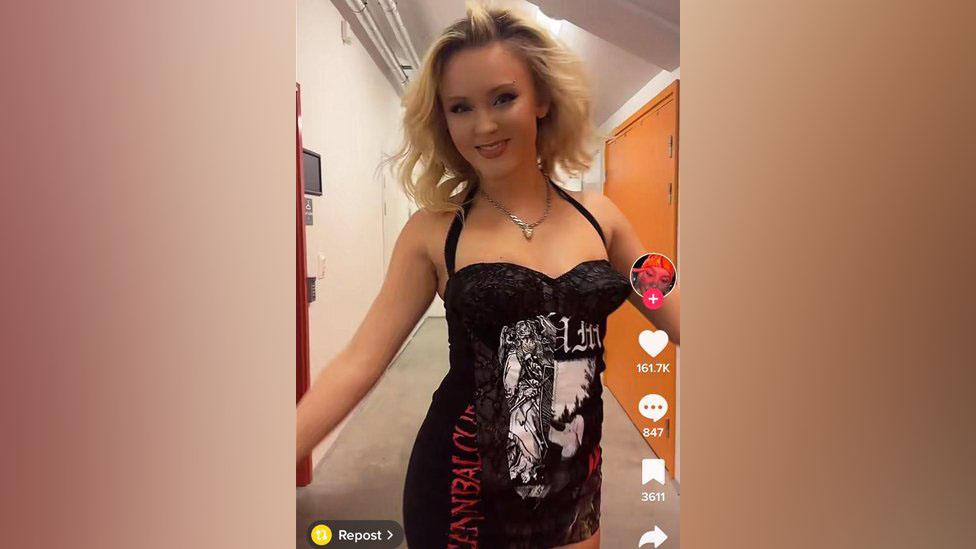
The outfit by Zara Larsson which has been criticised was posted on her TikTok
As a celebrity, choosing what to wear can be a big decision. Thankfully, you'll probably have a team dedicated to making sure the choice of outfit is stylish, eye-catching and memorable.
But sometimes, outfits can be remembered for the wrong reasons, as Zara Larsson found out.
The Swedish singer hit headlines when she wore a dress featuring album art from Norwegian metal act Burzum.
Unfortunately for Zara, the project was led by Norwegian musician Kristian "Varg" Vikernes.
He's known for holding neo-Nazi views, and has been called "anti-Semitic and xenophobic".
Vikernes also got a prison sentence for murdering a fellow metal musician and setting fire to churches in Norway.
Not the best look.
Zara was criticised when she appeared on TikTok, wearing the outfit at an awards show.
She said she had no idea of the link, and that the design was chosen because the images looked cool.
"It was unfortunate...," the 25-year-old told Swedish publication Aftonbladet.
She originally said the garment wasn't Burzum merchandise and was created by Belgian fashion designer Raf Simons.
Zara's team has since told BBC Newsbeat that's not quite right, and Zara's dress was actually by Dilara Findikoglu.
The catwalk of shame/Fashion faux-pas
Zara joins a long list of celebrities to cop flak for their clothing choices.
In August 2022, TikToker Addison Rae posed in a Holy Trinity bikini from the brand Praying.
The white two-piece had "Father" printed on one cup, "Son" on the other, and "Holy Spirit" across the front of the bottoms.
After feeling the wrath and fury of some Christians, who accused her of blasphemy and disrespecting religion, Addison deleted the post from Instagram.
Allow Instagram content?
This article contains content provided by Instagram. We ask for your permission before anything is loaded, as they may be using cookies and other technologies. You may want to read Meta’s Instagram cookie policy, external and privacy policy, external before accepting. To view this content choose ‘accept and continue’.
In 2014, Khloe Kardashian wore a war bonnet - a type of native American headdress - to her niece North West's Coachella-themed birthday party.
This upset indigenous groups, who object to the use of the sacred item as a fashion accessory.
They were especially annoyed because, at the time, NFL team the Washington Redskins had dropped its name because the term was disparaging to Native American people. It's now known as the Washington Commanders.
Khloe again faced backlash for cultural appropriation when she posted a selfie wearing a niqab - a religious covering - while on holiday.
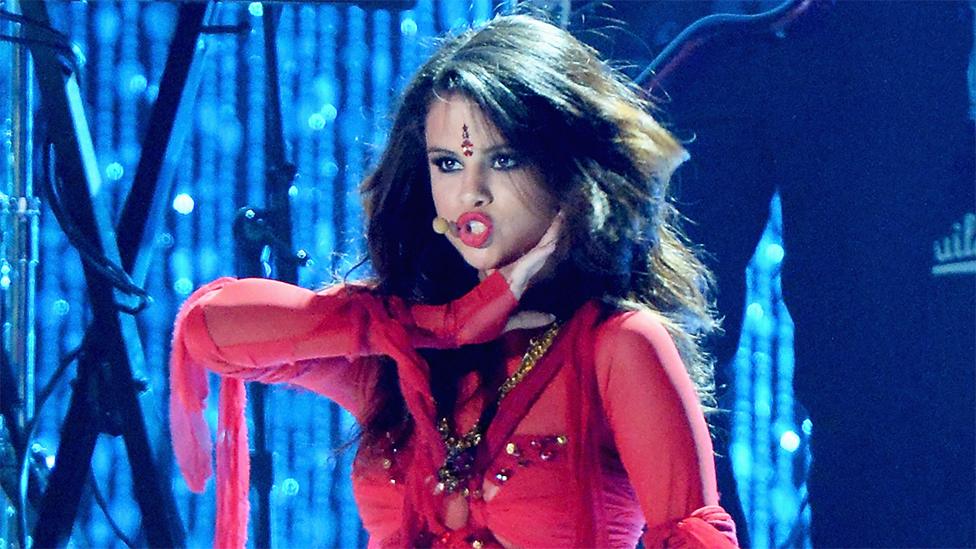
Selena Gomez's outfit drew criticism from some
Selena Gomez was criticised for wearing a bindi at the MTV Movie Awards, with some saying the item on the forehead is a religious tradition in Hinduism and not meant as a fashion accessory.
Selena said the song Come and Get It "has that almost Hindu feel", adding that she's "learned a lot about the culture, and I think it's beautiful. I think it's fun to incorporate that into the performance."
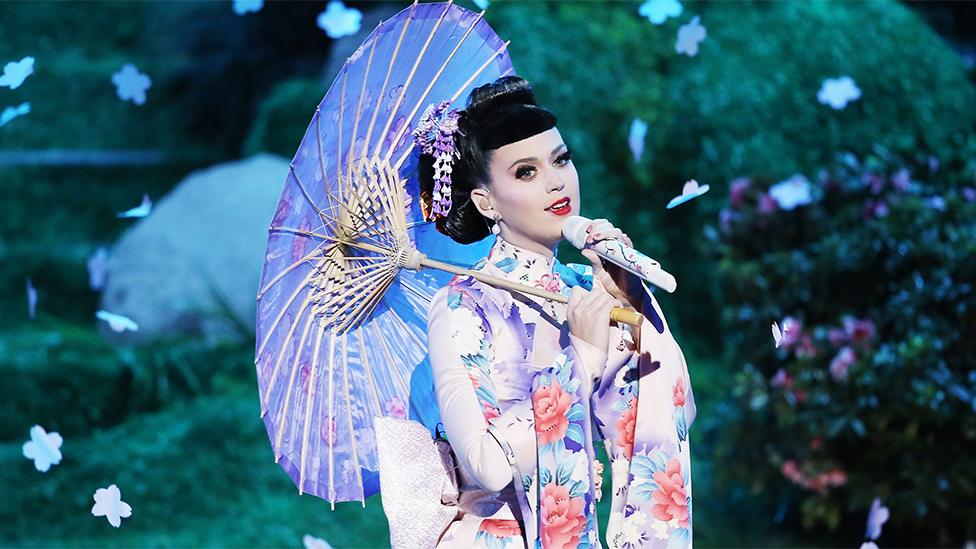
Katy Perry admitted she shouldn't have worn this
Also in 2013, Katy Perry dressing as a geisha for her performance of Unconditionally at the American Music Awards caused outrage for appropriation of Japanese culture.
Katy said even in her "intention to appreciate Japanese culture, I did wrong with a performance. And I didn't know that I did it wrong until I heard people saying I did it wrong".
How celebrities choose their clothes
With so many big names catching heat over the years, what exactly is the process behind dressing a celebrity?
According to celeb stylist Alex Longmore, there is often a "really long process" that goes with creating a look for celebrities.
"Different celebs have different looks. So a musician or someone who is in a band, their persona is so massive," says Alex, who has worked with the likes of Little Mix, tells BBC Newsbeat.
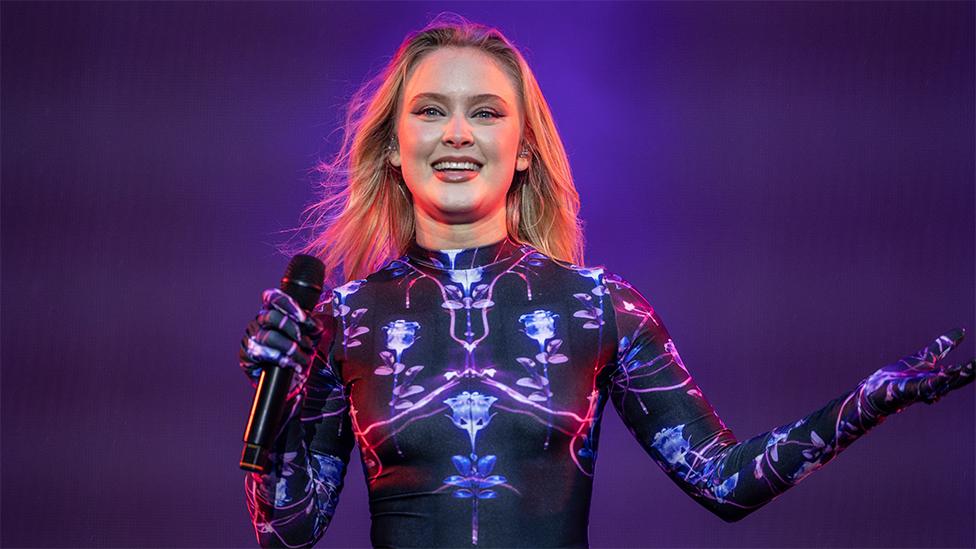
Zara - seen here in a stage outfit - said she had no idea that her awards show look had links to Burzum
With A-list stars in particular, she says there is "huge amounts of pressure" to get it right.
"They want to create uniqueness, they want to be cutting edge, they want to be telling a story and they want to grab headlines."
Stylists, she says, work with artists but also the management.
"So it's a big massive production, working with a pop star. And so much prep goes into it, because they can't be seen to be wearing something that someone else has worn."
As for avoiding items which can offend people - Alex says in her experience, there are no real checks that take place.
"I think basically someone [in Zara's case] hasn't checked and it's one of those things that has such huge ramifications."
"But it's such a simple error. They just haven't thought it through."


Follow Newsbeat on Twitter, external and YouTube, external.
Listen to Newsbeat live at 12:45 and 17:45 weekdays - or listen back here.
Related topics
- Published19 January 2023
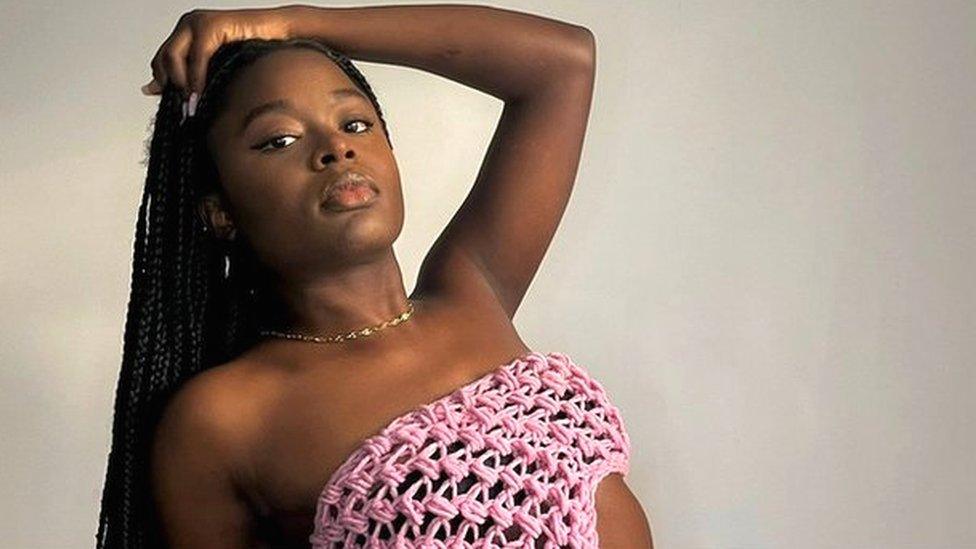
- Published17 March 2017
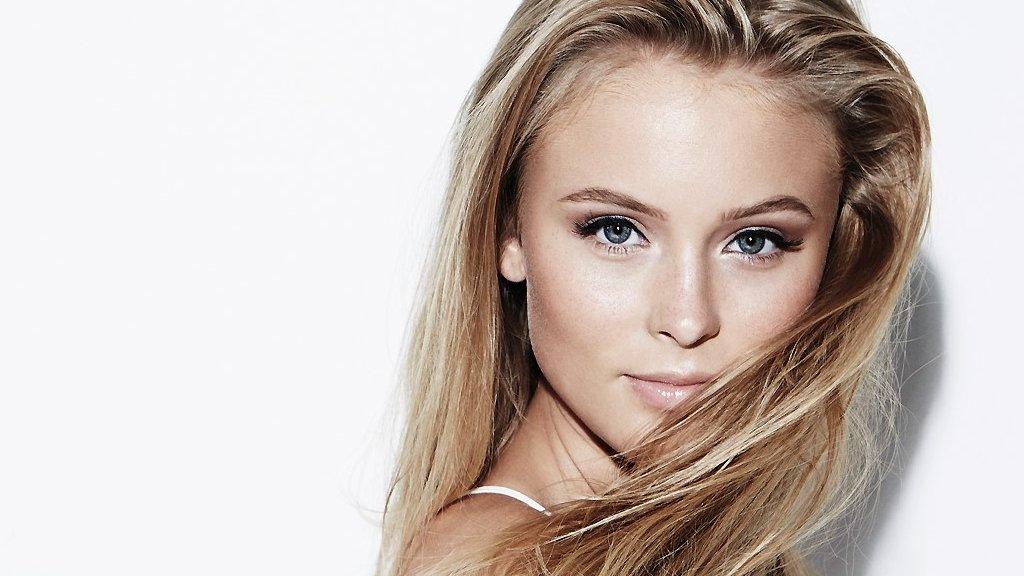
- Published13 November 2019
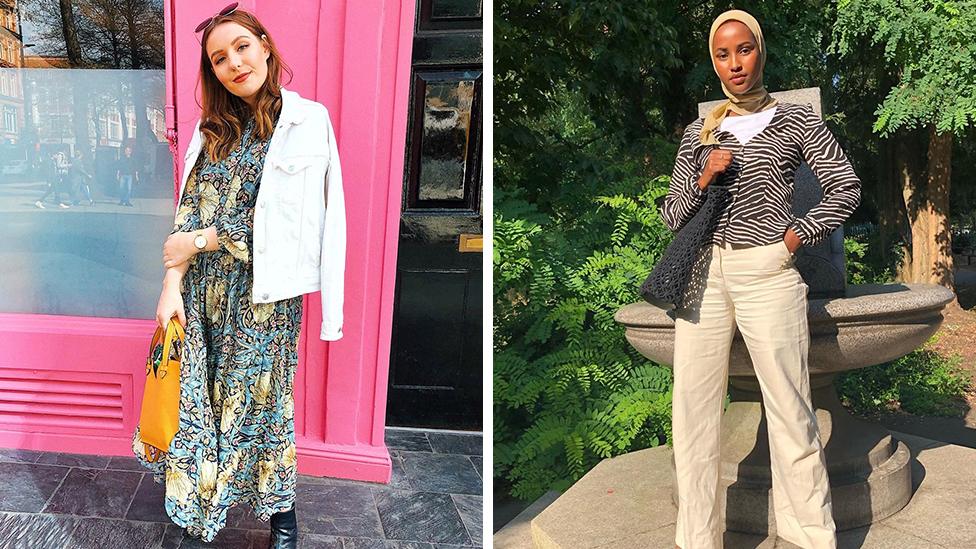
- Published28 November 2022
